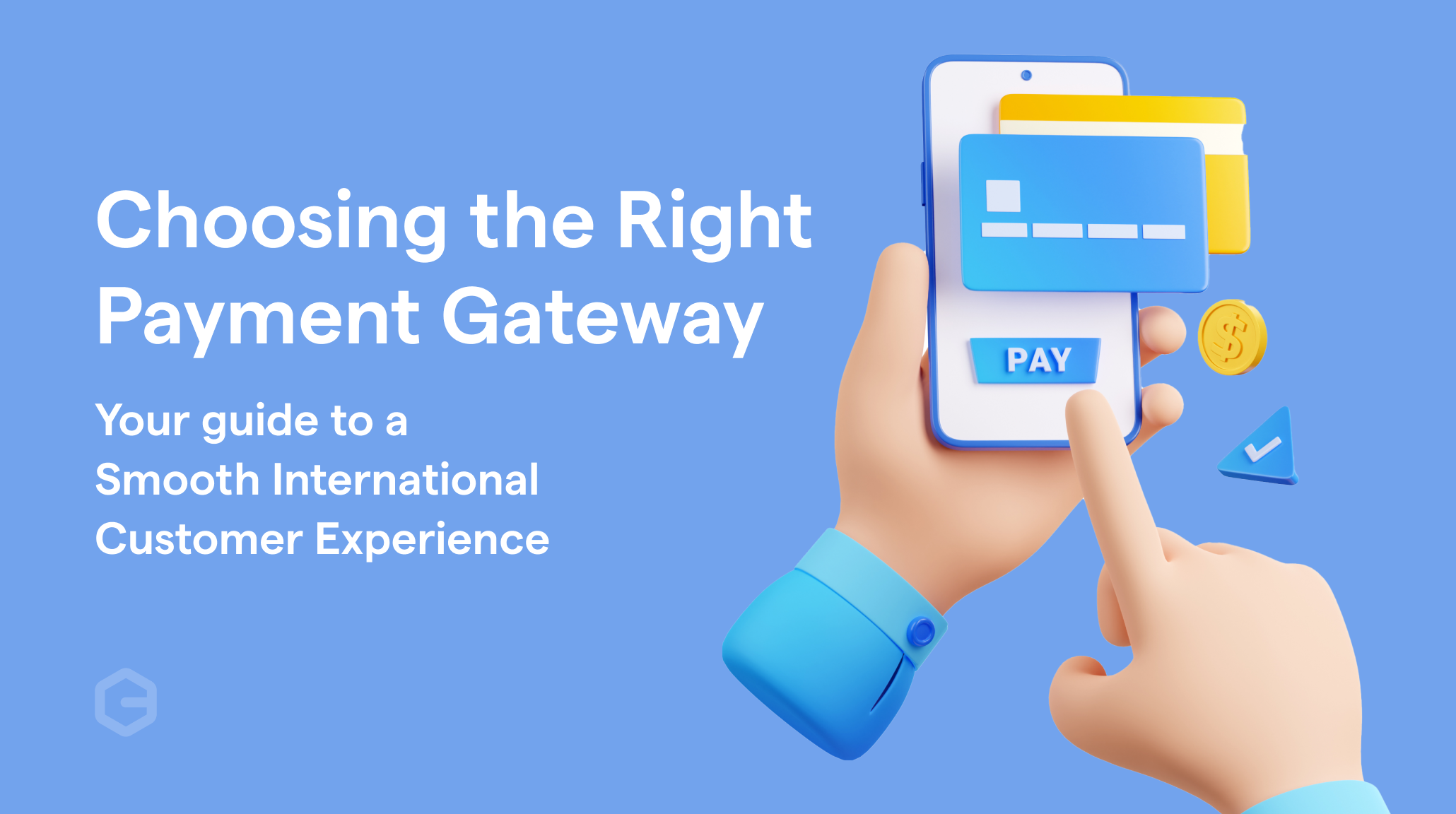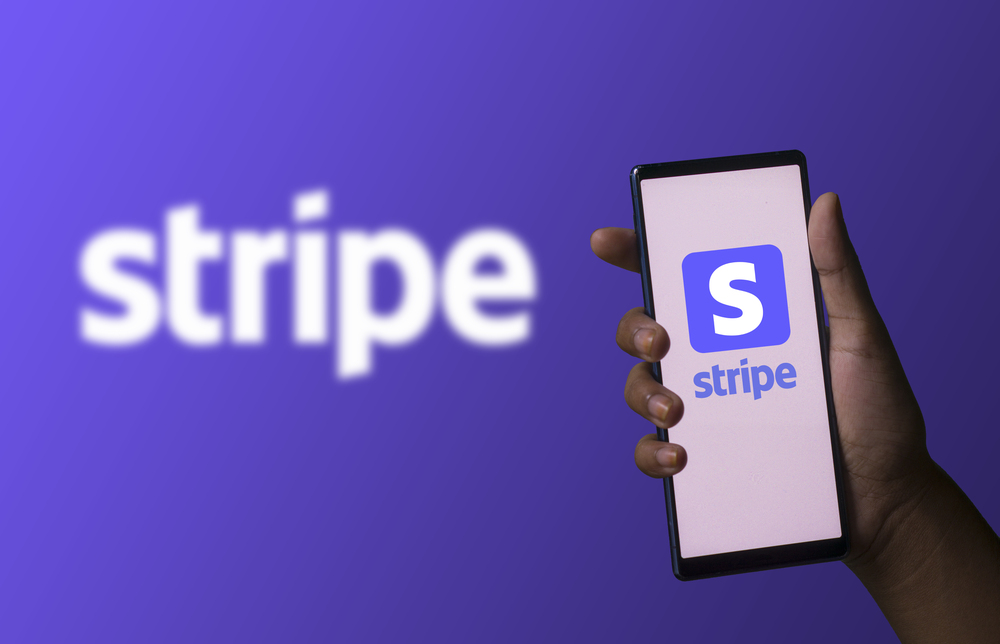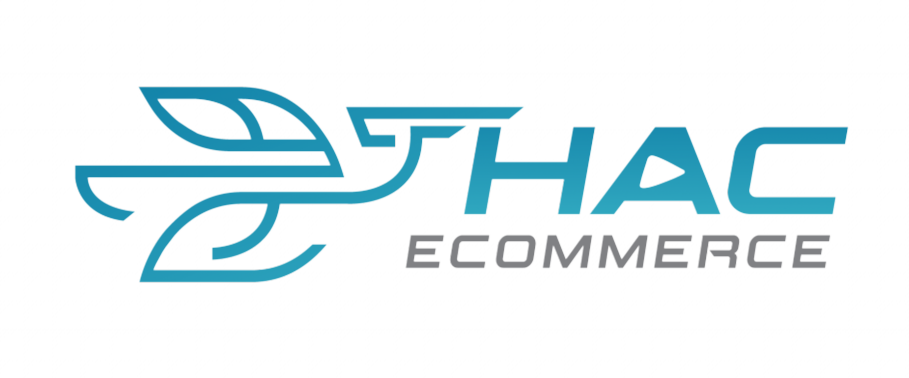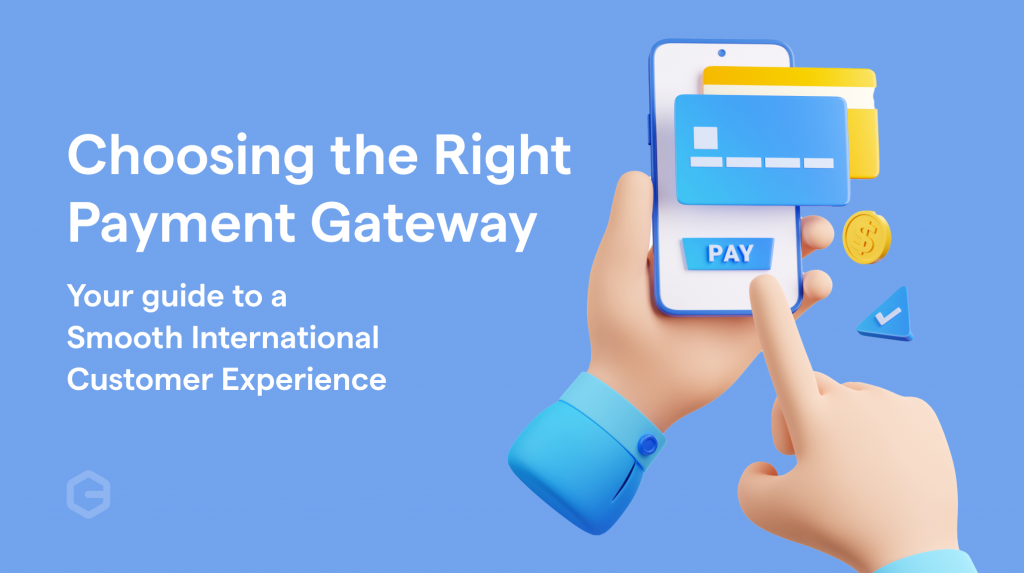Secrets to Choosing the Most Suitable Payment Gateway for International E-commerce Businesses
According to the 2023 study How Users Perceive Security During the Checkout Flow by the Baymarn Institute:
- 19% of customers abandon their purchase because they do not trust the website to handle their credit card information securely;
- 18% of customers leave e-commerce websites due to overly complicated and lengthy checkout processes;
- 11% of customers abandon websites because they do not see sufficient payment options.
One of the most critical aspects of optimizing the customer experience is selecting the most suitable payment gateway for both the buyers and the business itself. Customers expect and demand a seamless, quick, safe, and secure e-commerce transaction experience from online sellers.
Therefore, if your business aims to enhance the online shopping experience and increase long-term profitability, start exploring and researching the most appropriate suitable payment gateways for your online store with Hacecommerce.

1. What Are Payment Gateways for E-commerce Businesses?
1.1. What Is a Payment Gateway?
A payment gateway is a system that bridges transactions between online shoppers and e-commerce businesses. It allows business owners to quickly receive payments upon completing transactions while enabling customers to complete their purchases seamlessly, safely, securely, and promptly.
Most payment gateways enable buyers to pay directly in online stores using credit/debit cards or online payment accounts. With reasonable transaction fees for sellers and buyers, payment gateways have become a cost-effective solution for small and medium-sized enterprises (SMEs) with limited financial resources.
1.2. How Does a Payment Gateway Work?
The transaction process through a payment gateway involves the following key stages:
- Initiating the Payment: The payment process begins when the customer enters their payment information on the seller’s website.
- Secure Data Encryption: Sensitive payment data is securely transmitted between the seller’s payment gateway and the customer’s card-issuing bank.
- Approval or Rejection Evaluation: The payment gateway communicates approval or rejection results to the seller’s website.
- Processing Payment: Approved payments are processed, facilitating funds transfer between the respective bank accounts. The gateway charges a fee (percentage-based or fixed) and may offer additional features such as fraud detection and reporting.
In summary, online payment gateways authenticate customer payments and transfer the funds directly into the seller’s account. These gateways typically charge fees on a per-transaction basis. With easy integration and low initial setup costs, payment gateways enable online stores with lower transaction volumes to adopt online payment systems effortlessly.
Conversely, merchant accounts, often issued by financial institutions, usually require favorable personal and business histories and feasible business models from the seller. These accounts also come with many fixed fees and bank deposits, potentially creating challenges for SMEs with limited funding.
2. Factors E-commerce Businesses Should Consider When Choosing a Payment Solution
2.1. Costs
These include transaction fees, monthly fees, and setup costs. While the differences in per-transaction costs among payment gateways may seem minor, the total costs can add up significantly, potentially increasing the overall price for customers.
2.2. Accepted Card Types
As an international online seller, your business must ensure that you can provide buyers with the payment methods they prefer. Most global shoppers are comfortable using credit cards for online purchases.
2.3. User-Friendly Checkout Interfaces
Payment gateways should not require customers to perform overly complicated steps to complete their purchases. Some payment gateways redirect customers to their applications, which can significantly affect the shopping experience if buyers feel insecure about the payment process or encounter lengthy wait times.
2.4. One-Time Payments or Recurring Payments
Some payment gateways offer helpful features such as recurring payment collection. This mainly benefits businesses offering subscription-based products or services (monthly, quarterly, etc.).
Instead of manually inputting monthly recurring payments, business owners can set up the recurring payment feature. Payment information is securely stored, and transactions can be executed automatically.
3. Popular Payment Gateways for E-commerce Businesses
3.1. PayPal

PayPal is a globally renowned payment gateway supported by e-commerce platforms such as Shopify and WooCommerce. It supports transactions using various credit and debit cards and offers features like seller protection and 24/7 fraud monitoring.
As a result, PayPal is an excellent choice for businesses aiming to expand internationally, as it supports payments in 25 currencies across over 200 countries.
E-commerce businesses can choose from various advanced services offered by PayPal (e.g., PayPal Advanced, PayPal Standard, PayPal Pro). A common requirement for these services is that businesses must have a PayPal Business account, which undergoes PayPal’s verification process. The differences between these services lie in the customer payment experience. Depending on the financial capability of your e-commerce business and customer preferences, you can select a service that best suits your needs.
While known for its strict security system, many business owners encounter account freezes without clear explanations. In such cases, it’s advisable to seek assistance from experienced professionals specializing in resolving PayPal violations and liaising directly with PayPal, like Hacecommerce.
3.2. Stripe

Officially launched in Singapore in 2016, Stripe is a trusted and highly flexible payment gateway. It is used by major companies like Grab, Deliveroo (a UK-based food delivery company), Kickstarter, and smaller e-commerce businesses like Grain and Hipvan.
Key features of Stripe include:
- Options for both one-time and recurring payments;
- Secure payment management customization;
- Greater control for online sellers;
- Support for all major credit cards (similar to PayPal);
- Easy website/app integration thanks to its robust API system;
- Support for complex payment models tailored to business needs.
Stripe requires account holders to have specific technical expertise or hire a developer to customize its API. However, when used with third-party platforms like Shopify and WooCommerce, sellers can bypass these technical requirements as these platforms already offer built-in Stripe integration.
3.3. Braintree

As part of the PayPal family, Braintree provides a similar payment solution with comparable features and integration methods. It offers a modernized and optimized payment experience to boost conversion rates.
Key features of Braintree include:
- Support for both one-time and recurring payments without additional fees;
- Customizable checkout page design;
- Support for all major credit cards (similar to PayPal);
- Features for managing unsuccessful transactions;
- Customized email notifications for customers.
4. What Is the Best Option for E-commerce Businesses?
Choosing a suitable payment gateway depends on the nature of your e-commerce business. However, this is not an easy decision, as not all business owners fully understand payment gateways and their differences.
In such cases, seeking professional knowledge and expertise from those experienced in international payment systems is the most logical solution.


